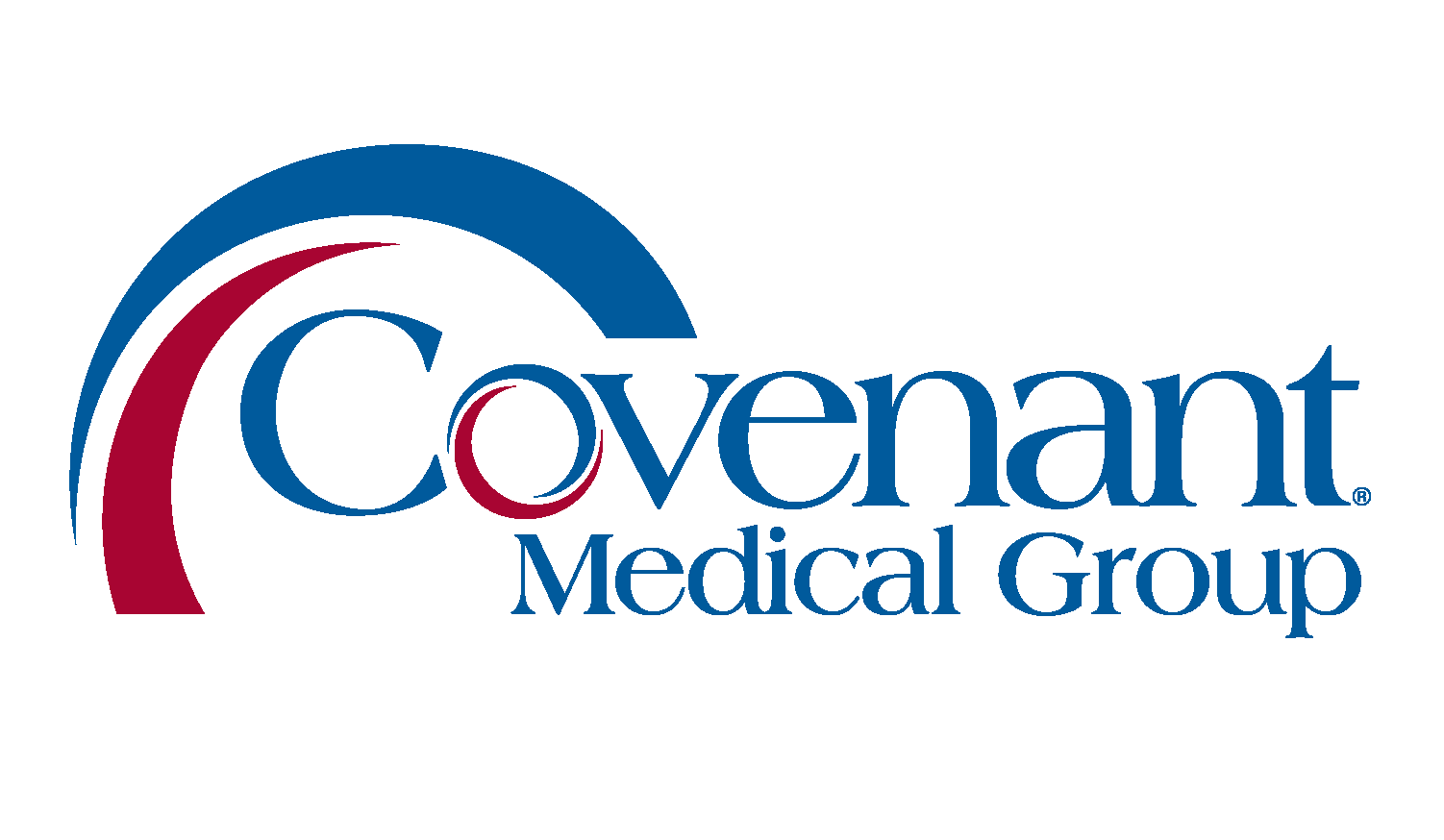March 30th is National Doctors’ Day, which reminds me how grateful I am to one special doctor who helped me become the surgeon I am today. V. Suzanne Klimberg, M.D. was my mentor while I was in training at the University of Arkansas for Medical Sciences (UAMS) from 2004 to 2006.
During that time, Dr. Klimberg was Professor and Chief of the Division of Breast Surgical Oncology. Dr. Klimberg was a passionate researcher, investigating novel treatments of breast cancer, advancing surgical techniques to improve the safety of breast surgery, studying the role of glutamine in the prevention of breast cancer, and using tears to identify breast cancer at its earliest stage.
My pursuit of excellence in patient care
mimics the determination and dedication
that Dr. Klimberg modeled in the operating room.
Every week we sat down and she would ask, “What problem can we solve today?” Then we would brainstorm ideas. She would also review my research projects each week, asking penetrating questions and teaching me how to write a better scientific paper.
Dr. Klimberg is a leader in the field of breast cancer surgery and has served as past president of the American Society of Breast Surgeons, the Society of Surgical Oncology, and the Association of Academic Surgery.
In addition, Dr. Klimberg is the founding director of the Breast Cancer Challenge, which is a multi-state, collaborative education and research conference held each July in Branson, Missouri. The goal of the Breast Cancer Challenge is to educate community breast cancer physicians on the latest advances in the diagnosis and treatment of breast cancer. With over 200 publications in her name, she also serves on the editorial boards for the Annals of Surgery, Journal of Surgery, and Breast Disease Quarterly. She serves as deputy editor for the Annals of Surgical Oncology and breast editor for the Journal of Surgical Oncology.
Dr. Klimberg was very demanding in the operating room, but that is how she delivered excellent care and that’s the example I followed. My pursuit of excellence in patient care mimics the determination and dedication that Dr. Klimberg modeled in the operating room. One day we were just learning the Axillary Reverse Mapping procedure and were trying to perfect the technique. The procedure, which reduces the risk of lymphedema, requires the injection of blue dye. Well, blue dye can make a mess, and while trying to get the blue dye out of the vial into a syringe … well, let’s just say we made a mess of the operating room. But so goes progress.
In honor of Dr. Klimberg I’ve made a donation to the American College of Surgeons Foundation. My contribution will also help the ACS Foundation continue their support of surgical research and education. Thank you, Dr. Klimberg. And thank you to all of my inspiring colleagues who are dedicating themselves to advances in breast cancer surgery. Together, we are making a difference.

